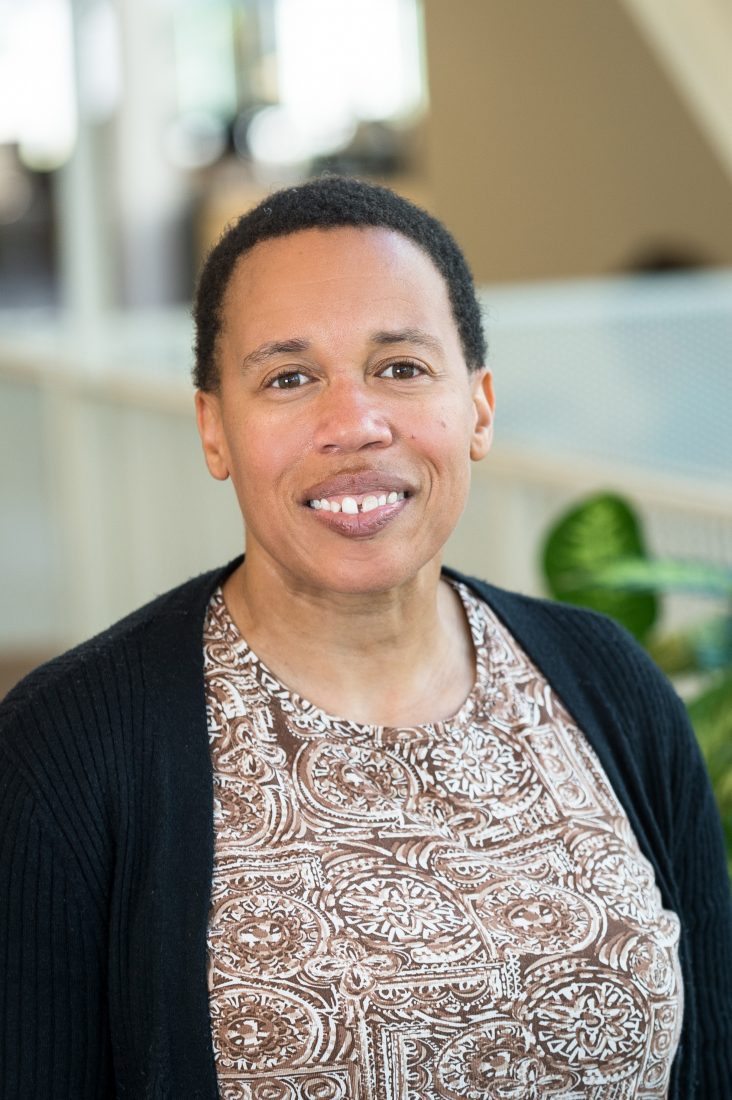Science and Mathematics
Physics Colloquium: Marty Baylor
February 22, 2024 at 3:30pm – 4:45pm EST
Physics Building, 202/204
This event has already occurred. The information may no longer be valid.

The Syracuse University Physics Department is pleased to welcome Dr. Marty Baylor, Professor of Physics at Carelton College, Northfield, Minnesota.
Marty Baylor completed her BA in physics at Kenyon College. After working as a middle and high school teacher at the Maret School in Washington, D.C., and then serving as an optical engineer at NASA Goddard Space Flight Center, she completed a Ph.D. in Physics at the University of Colorado at Boulder. She had a visiting position at Carleton College before completing a postdoc in Electrical and Chemical Engineering at CU Boulder. She joined the Carleton College Physics and Astronomy Department in 2010 and is now a full professor. Though her current research program explores photopolymers for making integrated optofluidic devices, she spends much of her available time working to make physics concepts accessible and physics classrooms inclusive.
“Physics Is More Than Problem-solving: Building Inclusivity and Belonging by Practicing Professionalism”
“When I’ve asked potential physics majors to reflect on what it takes to be a physicist, their responses essentially write themselves out of the identity that they seem to be striving for. Their narrow definition of what it takes to be a physicist can lead students, particularly students whose identities are under-represented in STEM to feel as if they don’t belong. To help broaden students’ definition of who a physicist is so that they can see themselves in the field now, I have been developing what I am calling the Practicing Professionalism Framework for my courses. This Framework not only helps me help students understand the course content, structures, and skills better, but it also helps motivate in a natural and compelling way that being a physicist is broader than the ability to solve problems and doesn’t require them to win a Nobel Prize. In this talk I will not only present this framework, its implementation and its impact on students, I will also describe how I believe it can be expanded beyond physics to other STEM disciplines.”
This event was published on January 2, 2024.
Event Details
- Category
- Science and Mathematics
- Type
- Talks
- Region
- Campus
- Open to
- Public
- Organizer
- CAS-Department of Physics
- Contact
- CAS-Department of Physics
phyadmin@syr.edu
+1.315.443.3901
- Accessibility
- Contact CAS-Department of Physics to request accommodations
